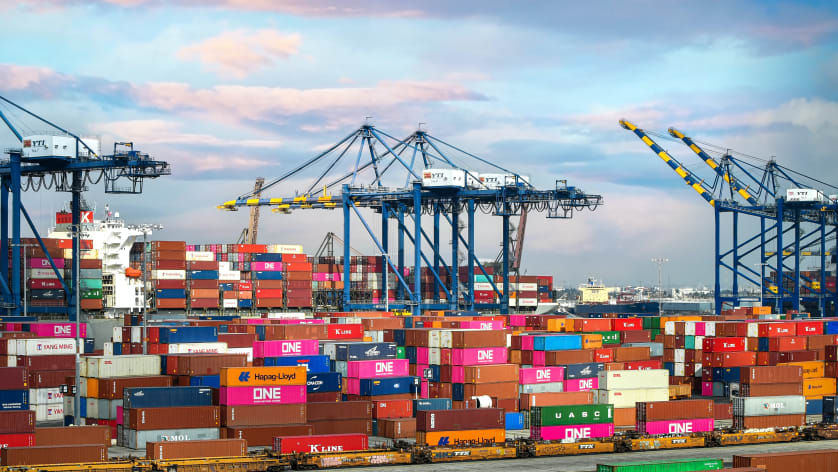What is Logistics?

An efficient logistics operation is essential for manufacturers in order to reduce costs and ensure that consumers’ needs are met. Technology has had a huge impact on logistics, and this is only set to increase in the future as companies strive to deliver their products more quickly and efficiently to consumers.
Examples for logistics
The way we manage inventory and distribution has changed a lot since IBM developed the first computerized system in the 1960s. Since the industrial revolution, the way we exchange goods has changed drastically. Technology advances like AI and machine learning have improved forecasting and order management in the logistics realm, giving the supply chain a chance to prosper worldwide.
The rise of e-commerce has resulted in a rapid growth in the online ordering space, making logistics one of the world's fastest-growing industries. Amazon, an online marketplace for books, has become a global household name, changing the way consumers receive transported goods.
Amazon has become well-known for its effective logistics strategy, which is made possible by the company’s expansive global network of distribution, sortation and fulfillment centers. Amazon’s same-day and next-day delivery model is based on a complex logistics framework. After products are delivered to the company's fulfillment centers, they are moved to sortation centers and then loaded onto transportation modes, including the company's own delivery trucks and airplanes.
Amazon is not the only company having a big impact on logistics. UPS and FedEx are also changing the landscape. These companies have the ability to transport goods from their point of origin, warehouse products and package them. Working with 3PL providers offers numerous advantages for both small and large businesses, including the ability to obtain better rates, expand easily into new markets and improve customer service.
Although 3PL providers can manage all of a company's supply chain needs, the various aspects of the logistics process can be handled by individual players. As an example, freight companies are only responsible for the physical transportation of goods, while freight forwarders take care of optimizing transport solutions and handling necessary documentation. In this sense, logistics is a complex web of interconnected components that work together to improve efficiency and reduce costs throughout the supply chain.





















